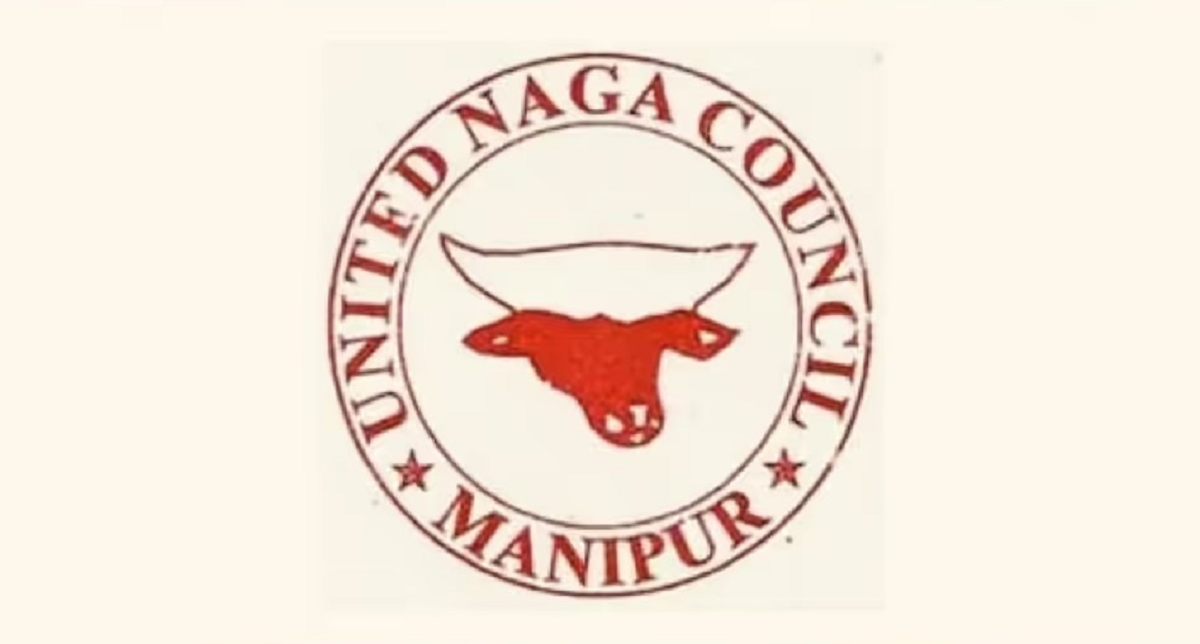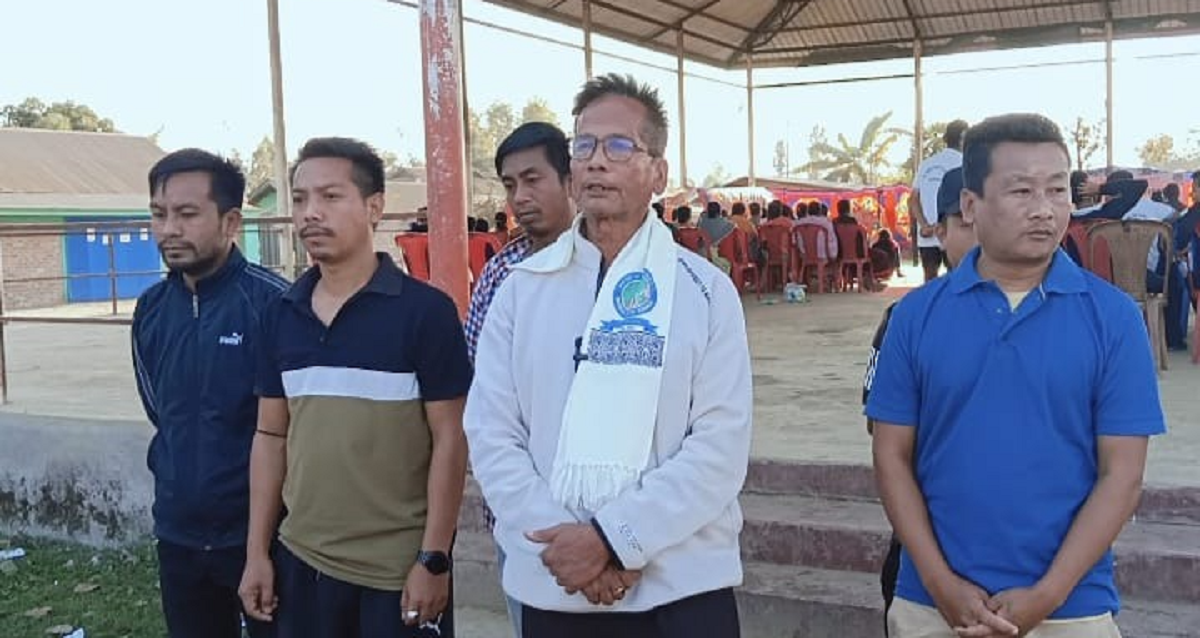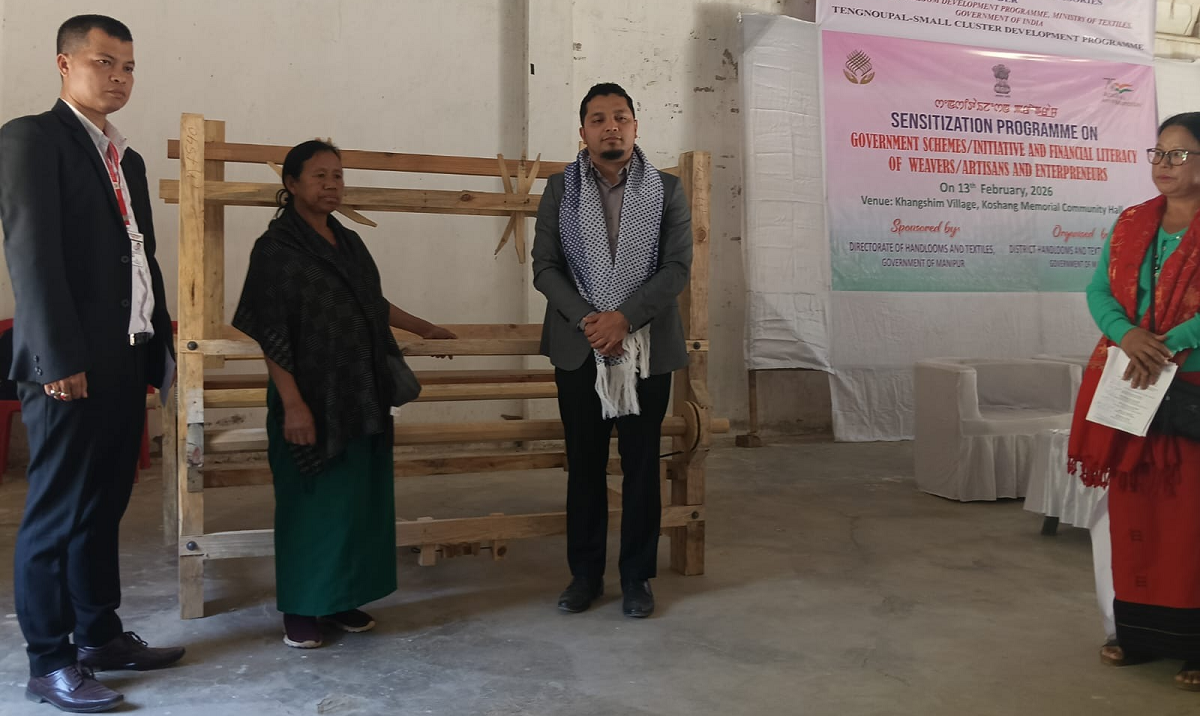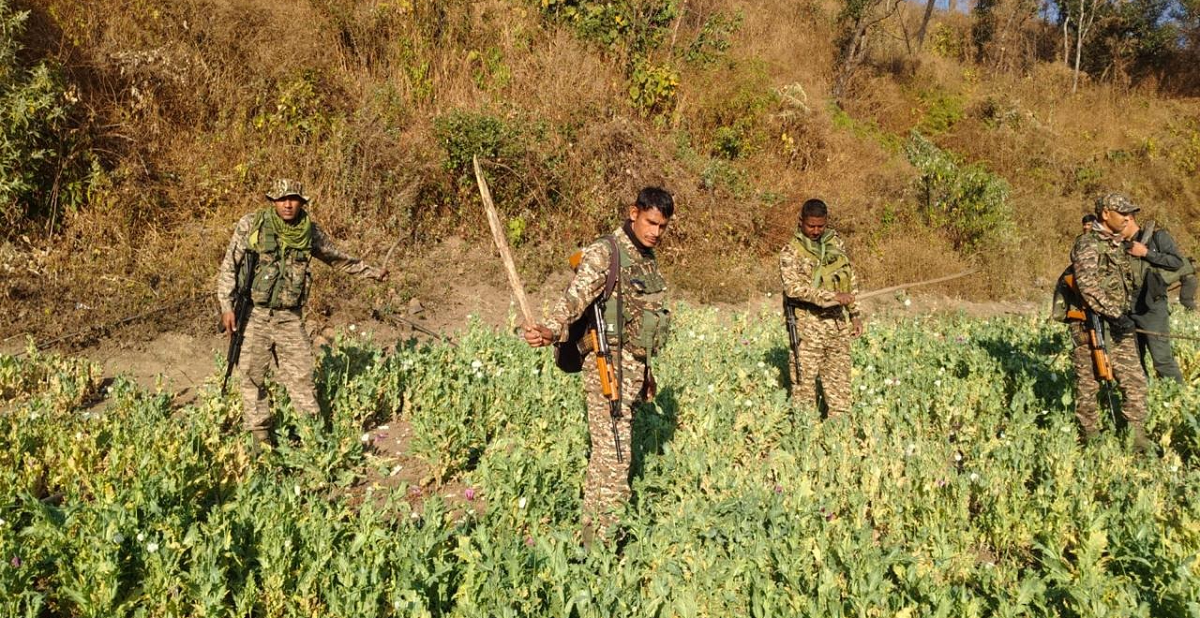More than two years after ethnic violence erupted in Manipur, the state’s healthcare system is now on the verge of collapse. In a rare and united appeal, over 100 health professionals, public health experts, lawyers, and civil society activists have signed a petition urging President Droupadi Murmu to take urgent action to restore healthcare services across the conflict-hit state.
The letter, spearheaded by the National Health Rights Alliance, All India Feminist Alliance, and National Alliance for Justice, Accountability and Rights, paints a grim picture of a public health emergency spiraling out of control. The petition accuses the government of failing to uphold the constitutional right to health and warns that without immediate intervention, the humanitarian crisis could worsen further.
“Even as the national conscience moves on, lakhs in Manipur remain without access to safe, dignified, and life-saving health services. This is a moral and constitutional failure,” the petition states.
The violence, which began in May 2023, has taken a heavy toll on Manipur’s already fragile health infrastructure. Hospitals and clinics in conflict zones have either been damaged or abandoned. Health workers, fearing for their lives, have left en masse. Medical supplies are running dangerously low, and relief efforts are scattered and underfunded.
Over 70,000 people continue to live in makeshift relief camps spread across ten districts. With 253 camps housing displaced persons, conditions have become increasingly unsanitary and overcrowded. Basic amenities such as clean water, sanitation, and regular medical care remain inadequate, raising fears of potential outbreaks during the approaching monsoon season.
Tengnoupal, for example, is currently dependent on a single Community Health Centre (CHC) for its entire district. In Kangpokpi, there is no fully functional district hospital. Many other districts report similar conditions, with once-operational Primary and Community Health Centres now lying vacant due to staff shortages and security threats.
The brunt of this health crisis is being borne by the most vulnerable groups—women, children, the elderly, and people with disabilities. The petition highlights a sharp increase in gender-based violence, particularly in relief camps, where women and girls lack access to reproductive health services and proper protection.
Children, many of whom have witnessed traumatic events, are showing signs of post-traumatic stress disorder (PTSD), anxiety, and depression. With schools remaining closed or destroyed in conflict-hit areas, educational disruption has compounded mental health challenges. Despite this, access to counseling or psychiatric care remains virtually non-existent in most districts.
Dr Vandana Prasad, a leading pediatrician and public health expert who signed the petition, stressed, “What we are witnessing is not just a collapse of healthcare—it’s the erosion of the social and psychological fabric of an entire generation. The state must act now, or we risk irreversible damage.”
To address the escalating crisis, the coalition has proposed a comprehensive ten-point action plan. Among the key demands is the formation of a high-powered Special Task Force with Cabinet Secretary-level authority, mandated to assess the situation and implement emergency health measures within two months.





